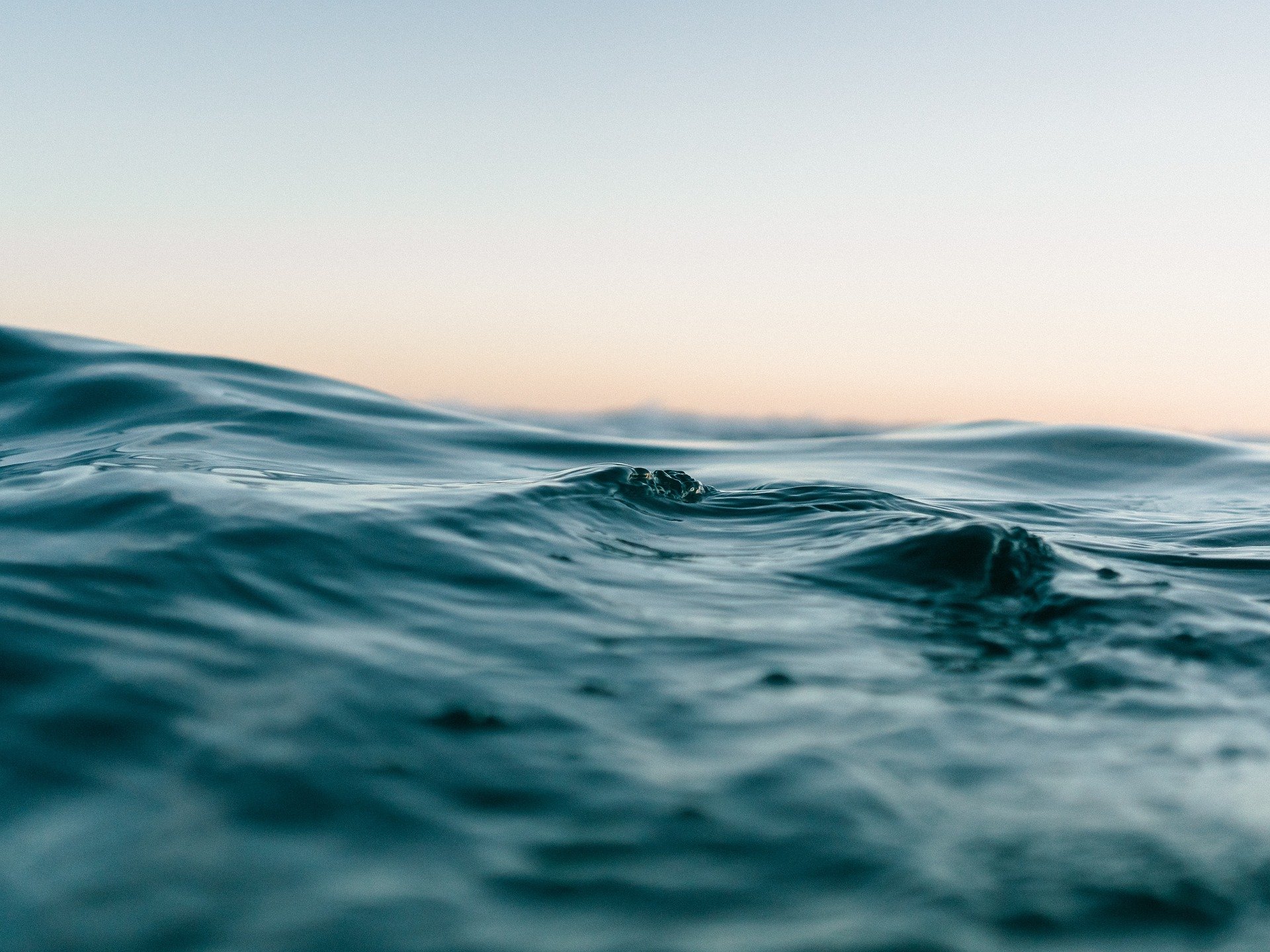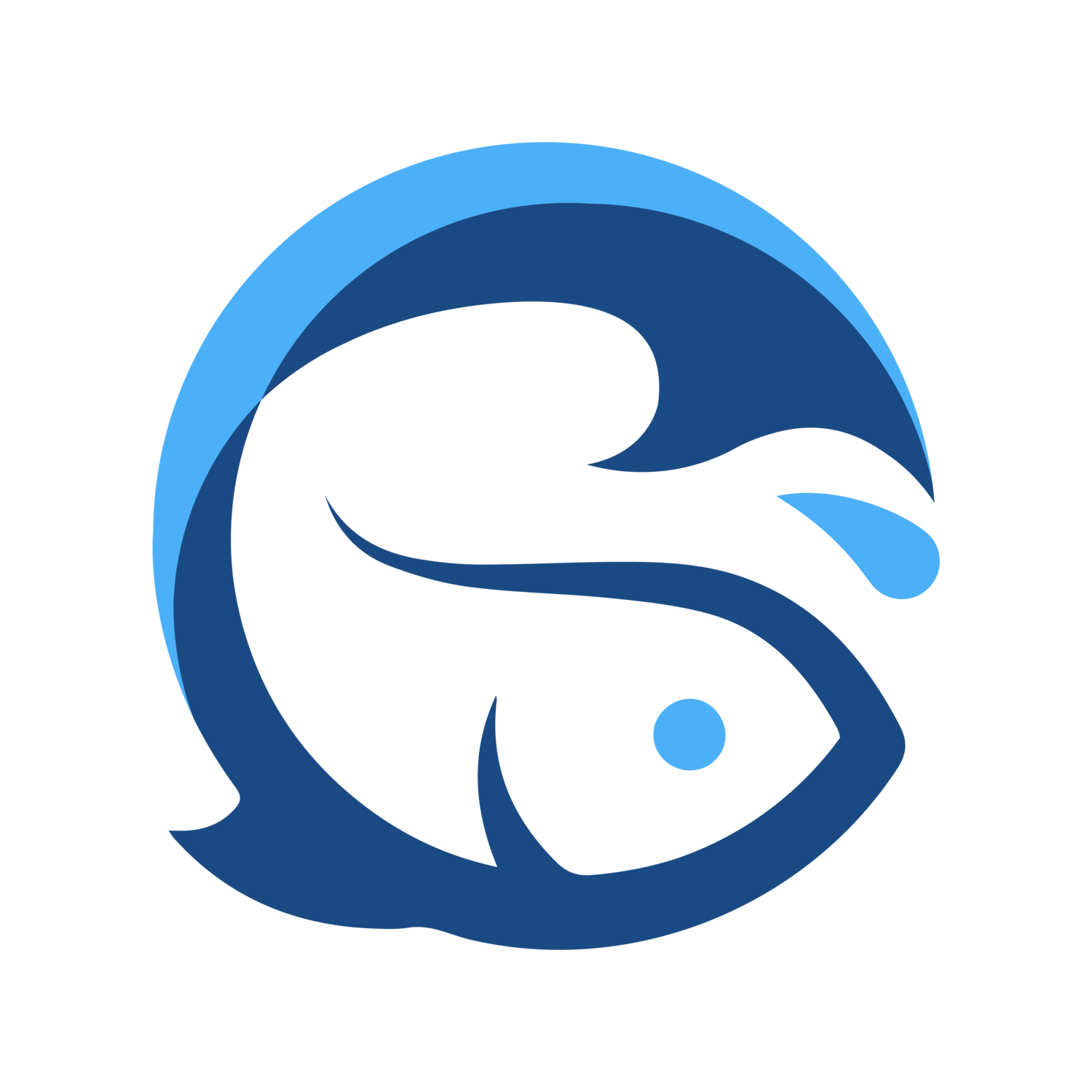
Strategy
Our strategy as a coalition aims to holistically address meaningful and long-term improvements for aquatic animals within the global food system. This involves not only promoting better welfare practices but also acknowledging the intricate and global nature of production and supply chain systems in the aquaculture and fisheries industries. We recognize that achieving lasting change requires a deep understanding of the complex dynamics at play, including the cultural, economic, and environmental factors that influence these industries worldwide.
To achieve this, our approach is multi-dimensional and comprehensive. We aim to influence both national and international policies and regulatory frameworks, ensuring that animal welfare is embedded in legal standards and industry practices. In addition, we collaborate with a broad range of stakeholders—including industry leaders, certification bodies, producers, corporations, and academic institutions—to promote the adoption of higher welfare standards throughout the entire supply chain, from production and harvesting to processing and distribution.
Our strategy also includes identifying and sharing rigorous scientific research to address knowledge gaps and provide a robust evidence base for our recommendations. By gaining a deeper understanding of the specific needs and conditions of different species and production systems, we can design interventions that are more effective and sustainable. Furthermore, we emphasize building partnerships and fostering collaboration with like-minded organizations, pooling our collective expertise and resources to drive meaningful, systemic change.
At its core, our strategy is about creating a more compassionate and sustainable food system that prioritizes the well-being of aquatic animals. We are committed to balancing the need for a transformation of the global food system with ethical considerations, striving to improve industry practices in ways that benefit ecosystems, communities, and animals alike in the long run.
